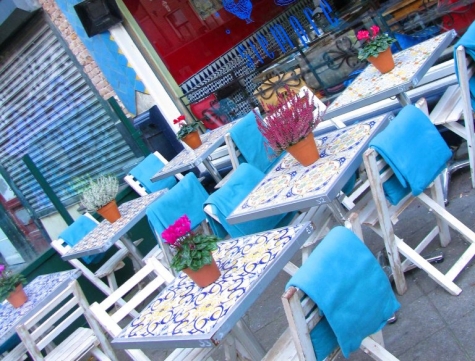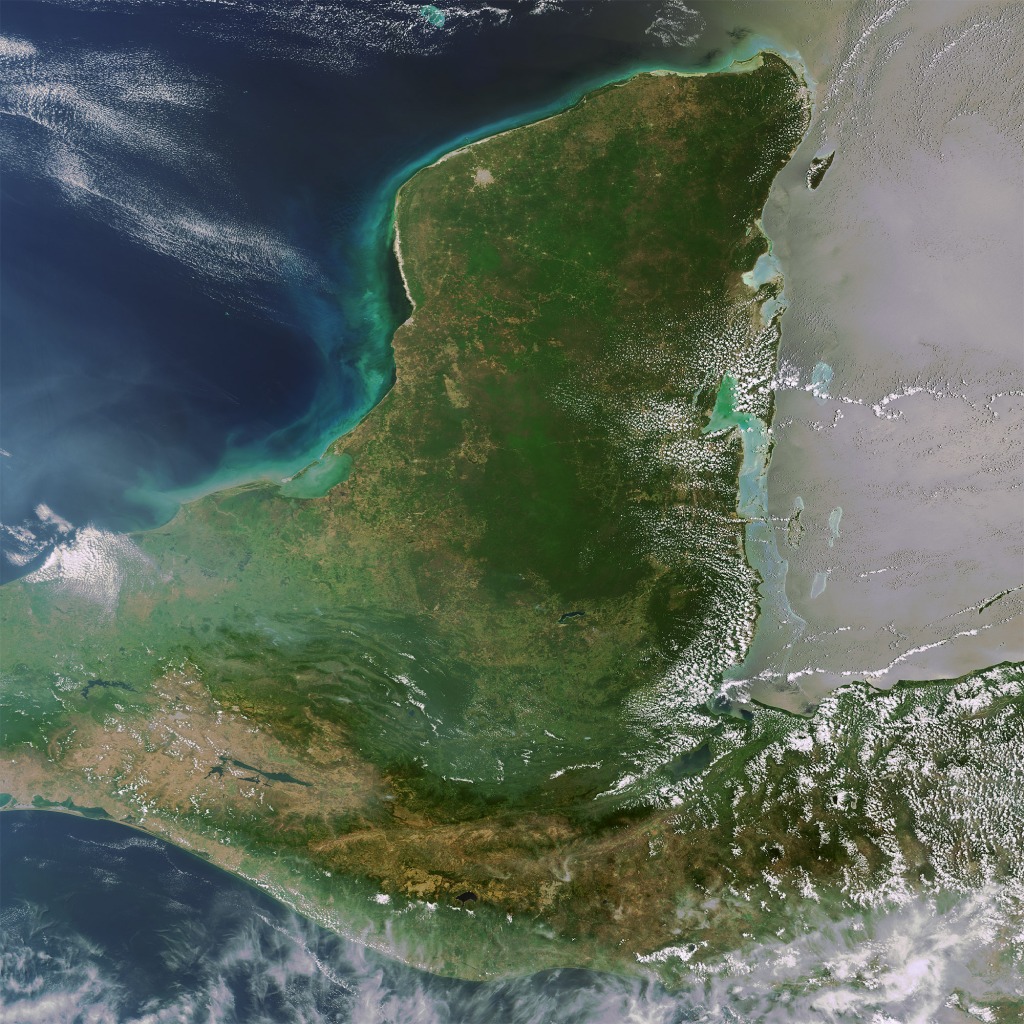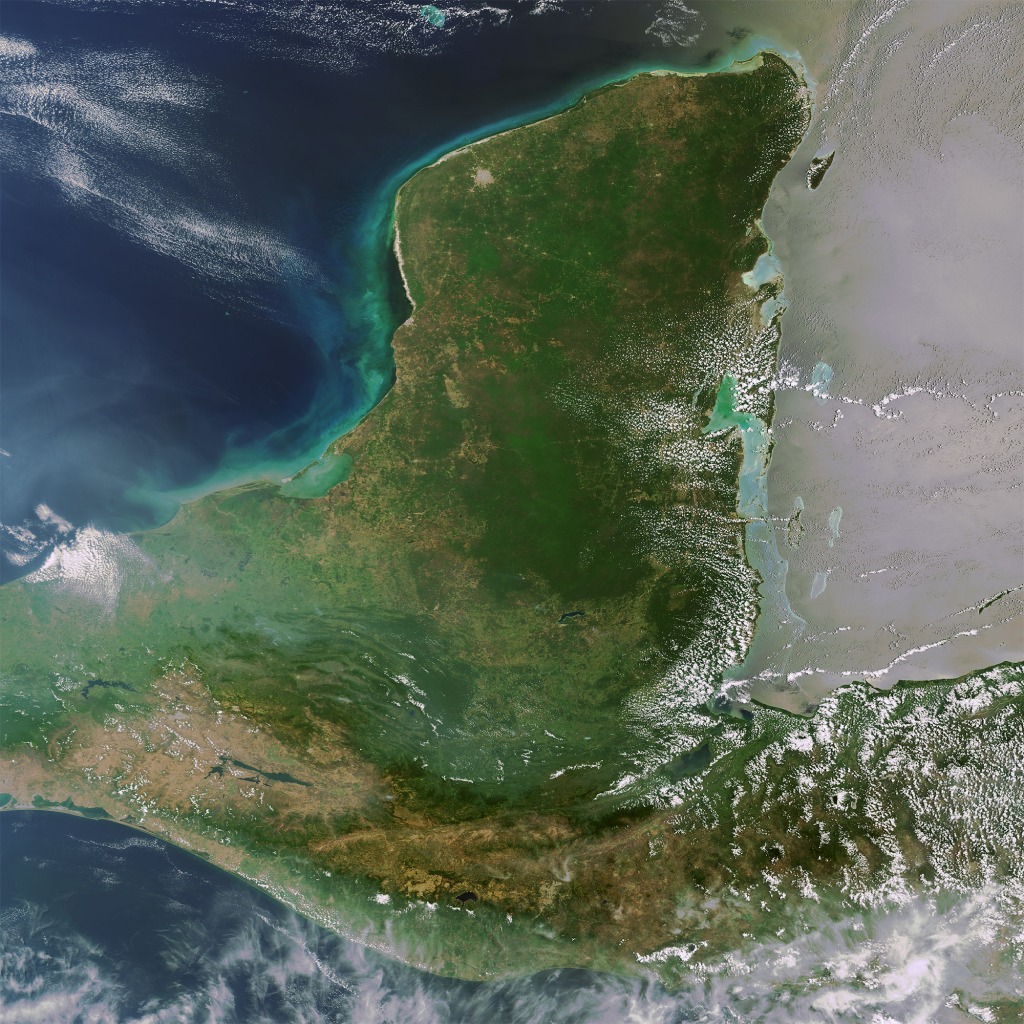James Bloomer
While James Bloomer is a staunch supporter for optimistic science fiction, he also does not shy away from telling when a DayBreak story didn’t work for him, sometimes remarking that the ‘feel-good’ factor was tuned too low for his liking (or even missing). Make no mistake: I welcome comments and critiques, both positive and negative.
Nevertheless, I think every magazine needs variety: also one dedicated to upbeat SF. So sometimes progress will be a small step, incredibly hardfought. Sometimes progress in one area comes together with decline in another. Sometimes the road ahead is harder than we expected, but sometimes it’s easier than we feared. And sometimes, yes, there will be unmitigated Utopia.
To paraphrase a world famous poem:
Idyllic Utopia, shining bright
In SF’s dystopian night
What immoral hand or eye
Dare propose thy fearless lullaby?
Kidding aside, even James Bloomer’s “The Rules of Utopia” does not come without its price. But yeah, does it shine bright, eventually…
1. No One Is Lonely
The evening sun was still high and golden, yet the light had a thicker consistency than earlier on in the day. The pub had a large front garden, dotted with wooden picnic tables, some with umbrellas, some without. People were everywhere: old, young, parents, single, kids, dogs. Local. Meaning from within the area. It wasn’t a special holiday or a weekend, it was just a sunny evening with blue sky and warm air, and like every other day you could always find someone to talk to. No one was lonely.
And on other nights there was not just people to meet but things to do: make, do, learn, volunteer. Providing people joy and purpose. There was a church for those who believed, a shop to post notices in the window and a cricket pitch around which to gather on match days.
Lucas stood on the edge of the social fray, alone and intimidated, feeling lonely and a little scared. He had moved into one of the old terraced cottages on main street a week ago, after returning from three years working in Switzerland. After his life had collapsed around him. (more…)

























